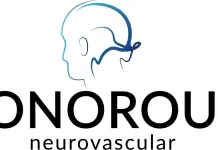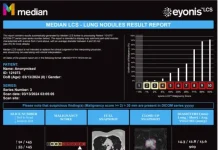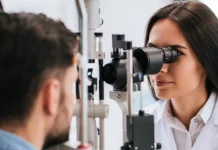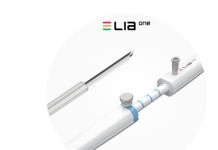The U.S. regulator issued a 510(k) clearance for its Lexsa probe, the third hand-held scanner unveiled by EchoNous to be used as part of its artificial-intelligence-powered Kosmos imaging platform.

The new probe can generate ultrasound images of the lungs, vasculature and nervous and musculoskeletal systems. Like its predecessors, the 128-channel device is designed to produce images with similar or better quality compared to more expensive, cart-based ultrasound systems—with EchoNous previously saying the Kosmos system will be a relative steal, with a price point under $10,000.
The Lexsa model joins EchoNous’ Torso and Torso-One probes and makes EchoNous’ point-of-care ultrasound imaging technology available for use across most of the body. The Torso, for one, is a three-in-one scanner combining electrocardiogram, auscultation and both continuous and pulsed wave Doppler technologies to serve as an ECG, stethoscope and ultrasound device.
The Torso-One is a slimmer version of the Torso scanner not only in physical size but also in technological capabilities: It offers only ultrasound imaging, without the additional ECG and stethoscope readings.
All three probes connect to EchoNous’ Kosmos Bridge and AI software, both of which can be accessed via an Android tablet. Kosmos Bridge automatically saves and exports the high-definition scans captured by any of the three probes.
The Kosmos AI, meanwhile, comprises multiple deep learning algorithms that guide ultrasound operators to help them collect the best possible images, label those images in real time and calculate measurements like ejection fraction, stroke volume and cardiac output.
Are you hiring?
By connecting the Lexsa probe to those tools on the Kosmos platform, EchoNous is hoping to produce a system that boosts the performance of radiologists in procedures such as central line placements, nerve blocks and joint injections.
“Lexsa will broaden the application of our Kosmos imaging platform beyond its current focus on cardiology, abdominal and pulmonology, enabling entry into other departments that require linear capabilities for diagnosis or interventional use,” said CEO Kevin Goodwin.
Lexsa’s FDA nod comes about a year and a half after the agency’s initial clearance of the Kosmos system. That milestone was subsequently rewarded with a $60 million investment that arrived in July of this year, courtesy of Kennedy Lewis Investment Management.
At the time, the company said it would use the new funding to ramp up the commercial rollout of the portable ultrasound platform.
And not a moment too soon, as hand-held ultrasound systems approach near-ubiquity in medtech. In the last month alone, Exo raised $220 million for its point-of-care scanner, and Butterfly Network tapped Caption Health to add AI-guided exams to its own hand-held probes. GE Healthcare, meanwhile, has also been on a mad dash to expand its decade-old family of portable ultrasound tech, with its latest addition, the dual-use, smartphone-connected Vscan Air, arriving in March.




